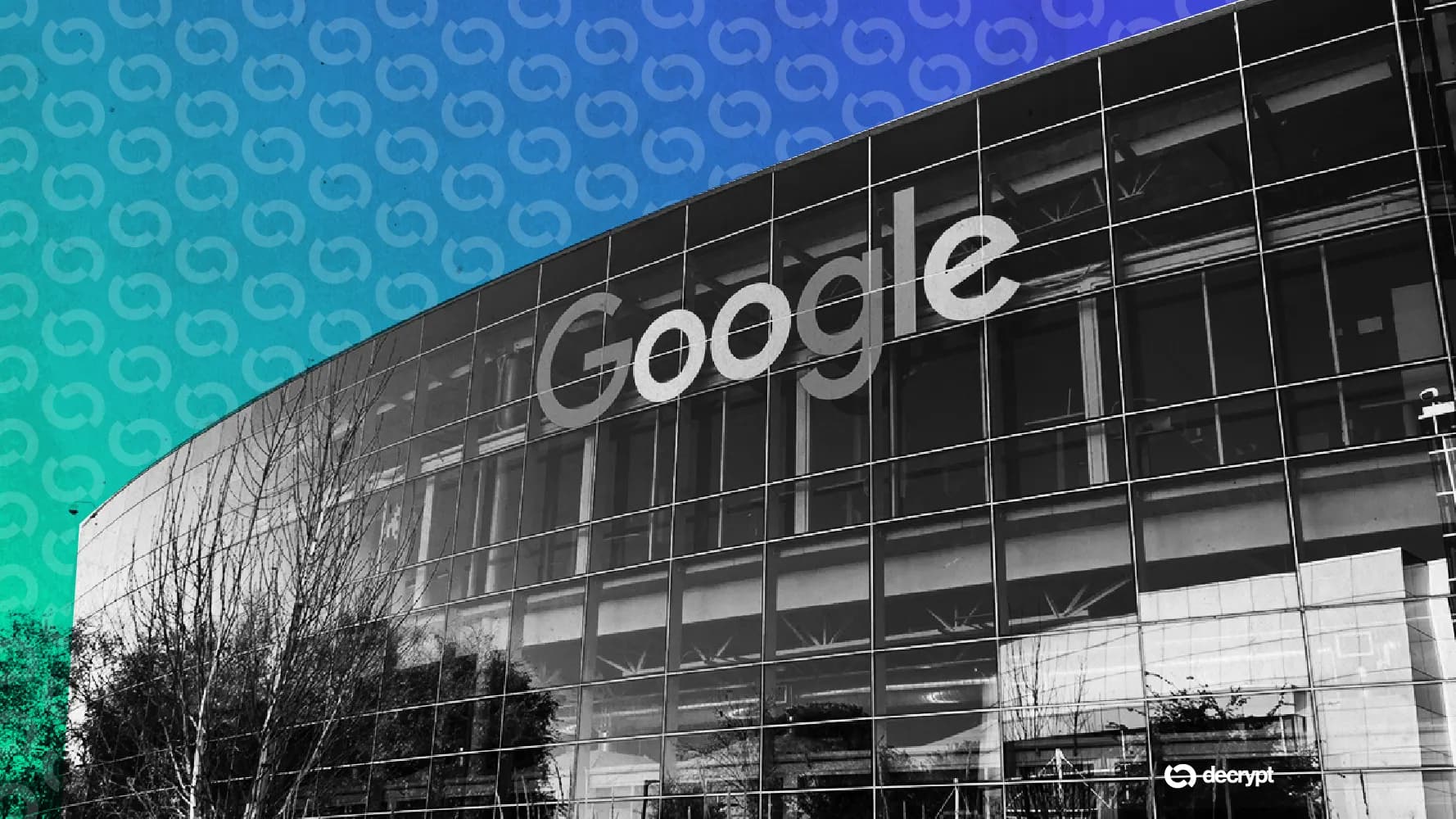Google Reveals AI Agent Payments Protocol Backed by Coinbase, Ethereum Foundation

News Summary
Google launched an open-source protocol called the "Agent Payments Protocol" (AP2) on September 16, 2025, enabling AI agents to handle financial transactions. This protocol expands Google's previously released Agent2Agent framework by adding payment support for credit and debit cards, stablecoins, and real-time bank transfers. AP2 is backed by a consortium of traditional payment giants and crypto firms, including Coinbase, PayPal, American Express, the Ethereum Foundation, Etsy, MetaMask, and Eigen Labs. To accelerate the adoption of other digital assets within its AI agent framework, Google also introduced x402, a crypto-specific extension. The Ethereum Foundation stated that this initiative aligns with its ERC-8004 standard, which aims to help AI agents securely discover, verify, and transact on the Ethereum network. The protocol's goal is to create a platform- and currency-agnostic "common language" for secure and compliant transactions between agents and merchants.
Background
The AI agent economy is rapidly emerging, with automated assistants empowered to perform complex online tasks on behalf of humans or organizations. Google previously released the Agent2Agent protocol to establish a standard for interactions between AI agents, but it lacked crucial payment capabilities. Financial transactions are central to the digital economy, and secure, efficient payment functionality is vital for AI agents to realize their full potential. Simultaneously, the cryptocurrency sector, particularly stablecoins and public blockchains like Ethereum, is seeking to expand its utility in real-world applications. The Ethereum Foundation is developing the ERC-8004 standard to facilitate AI agent interactions and transactions on its network. Google's introduction of the AP2 protocol and its crypto-specific x402 extension represents a pivotal step in this context, merging AI agent interaction standards with digital payments, including crypto assets.
In-Depth AI Insights
What are the strategic implications of Google's move into AI agent payments for traditional finance and crypto sectors? - Google's initiative unequivocally validates the immense potential of the AI agent economy and its future central role in digital commerce, likely prompting more big tech firms and traditional financial institutions to accelerate their strategies. - For traditional payment networks, AP2 poses a potential future competitive threat as it introduces an open, currency-agnostic payment framework that could bypass existing intermediaries and reduce transaction costs. - Cryptocurrencies and stablecoins will receive endorsement and integration from a major tech giant, enhancing their legitimacy and opening new avenues for their adoption as payment instruments in the broader digital economy. - By establishing this "common language," Google may position itself as a core infrastructure provider for future AI-driven digital commerce, gaining significant influence over data flows and value exchange. How might this collaboration between tech giants and crypto entities reshape the regulatory landscape, especially under the Trump administration? - This cross-industry collaboration will pressure global regulators to accelerate the development of unified regulatory frameworks for AI, digital assets, and automated financial transactions to prevent innovation stagnation or systemic risks. - The Trump administration, known for emphasizing innovation and U.S. leadership in technology, may initially be open to such technological convergence but will simultaneously scrutinize potential financial instability and consumer protection issues. - Regulators will likely develop new standards for AI agent identity verification and transaction monitoring, building upon existing Anti-Money Laundering (AML) and Know Your Customer (KYC) frameworks, to address challenges posed by automated transactions. - Expect jurisdictional battles and coordination challenges between traditional financial regulators (e.g., Federal Reserve, SEC) and emerging tech/crypto regulatory bodies, possibly new task forces established by the Treasury or Congress. From a long-term perspective, how will this protocol impact the valuation and investment landscape of digital assets? - Blockchain platforms and digital assets (especially major stablecoins) that can effectively integrate with the AP2 protocol and offer high-efficiency, low-cost transaction solutions will see significantly increased adoption and demand, potentially driving up their valuations. - Traditional FinTech companies reliant on centralized, high-friction payment networks may face long-term pressure, prompting business model transformations or more aggressive embrace of blockchain technology. - Companies building infrastructure, security solutions, and identity verification services around the AI agent economy will find new growth opportunities, becoming compelling investment areas. - Furthermore, the widespread adoption of this protocol may accelerate the convergence of the "on-chain economy" and the "real-world economy," requiring investors to deepen their understanding of digital assets' intrinsic value and their role in future economic structures.